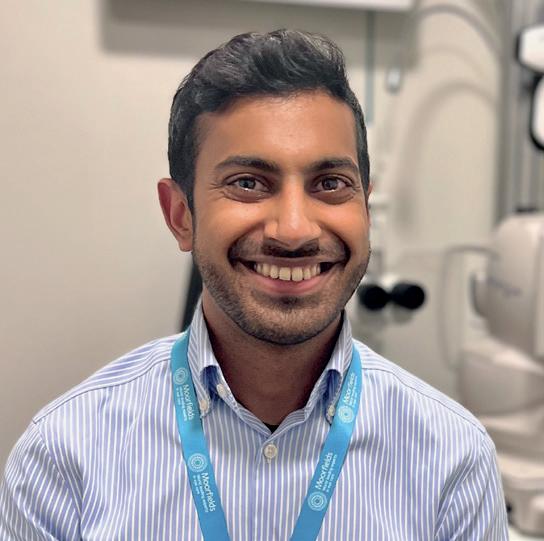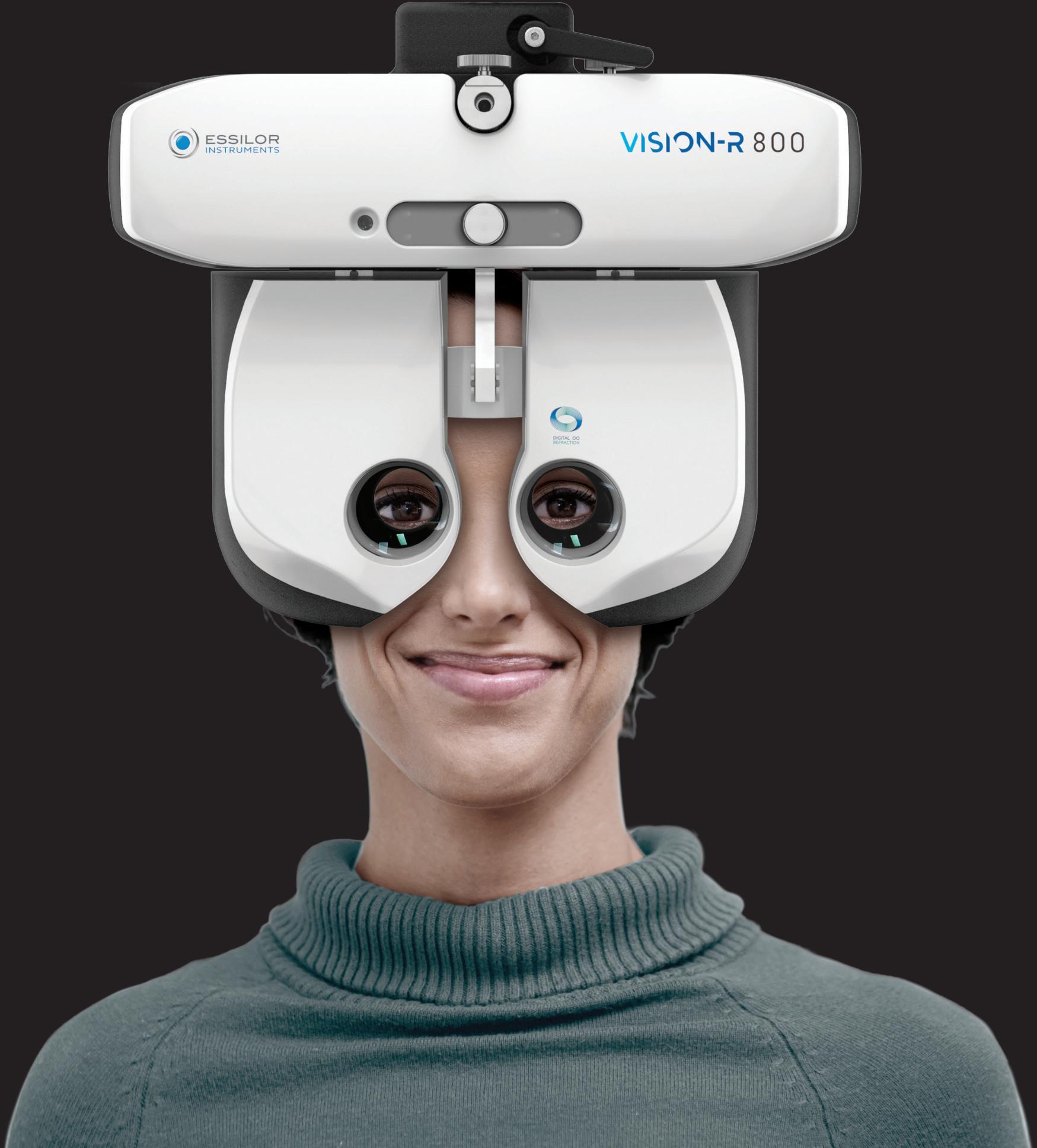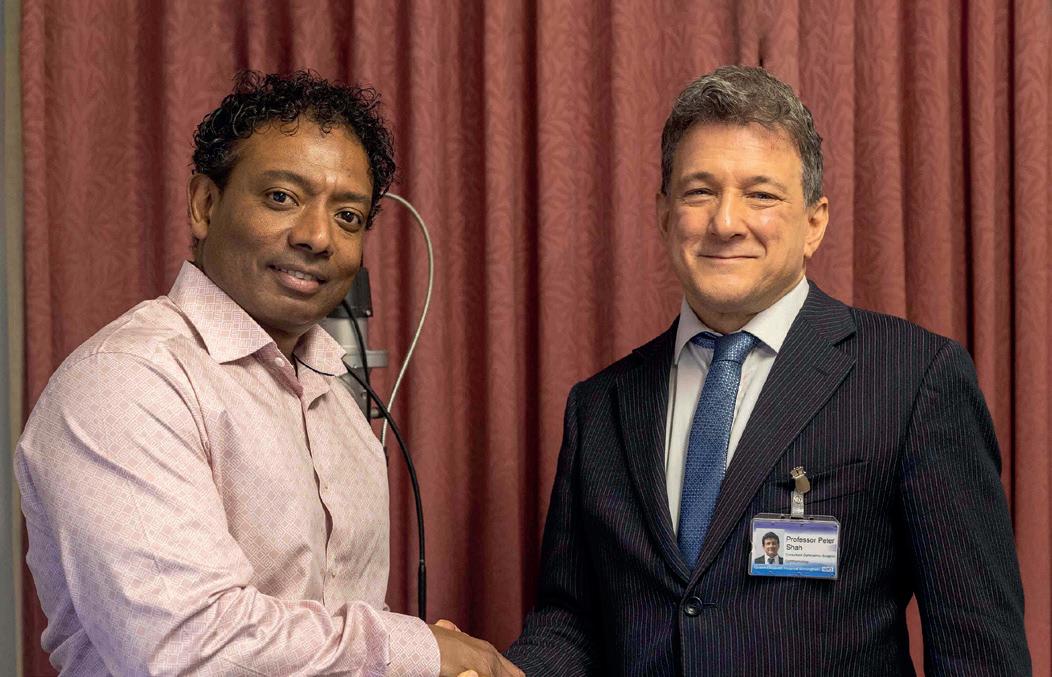
6 minute read
WHAT I HAVE LEARNED
from OT April/May 2023
by TheAOP
Don Williams (DW), optometrist and director at Edgbaston Eye Clinic someone who knew more than me. I’ve been lucky enough to work alongside helpful, friendly consultants. I cannot stress enough the importance of mentoring.
When did your mentorship with Professor Shah start?
Advertisement
DW: Over the years, I’ve been tutored and mentored by various brilliant consultants. You can’t put a price on the experience you gain.
When I started my practice, in 2017, I had Professor Shah and others to help. We supported each other. Then, Professor Shah took a lead role in mentoring.
That relationship has got stronger over the past few years. I’ve just finished my diploma in glaucoma, and he mentored me through that. Every Sunday morning at 8am we had an hour’s Zoom, where we discussed complex cases and how to get through the exams. It’s great, because you don’t feel isolated.
How long have you known mentoring is important?
Finding that person is not easy. You have to put yourself out there. Hospital work is a good start. When I first started doing hospital work, I wanted the clinical benefit: the experience and knowledge. I was thirsty for that at the start. You have to enjoy learning.
How has mentoring improved your workplace?
DW: The more you broaden your comfort zone, the better it gets. With experience and knowledge, you become more comfortable as a clinician. For me, that’s the main value: the experience and comfort of managing my patients.
What is the most significant lesson you have learned from your mentor relationships?
DW: You have to listen to your patients. Don’t assume you know everything. Always ask. I cannot stress enough the importance of listening to every patient.
Do you have advice for other optometrists on finding a mentor?
DW: When you come out of university and your pre-reg year, you think you know everything. But you should realise your knowledge is fairly basic. To improve on your knowledge and experience, it’s important to find someone who is willing to tutor you.
Professor Peter Shah (PS), consultant ophthalmologist and glaucoma specialist How long have you been aware of the value of mentoring?
PS: When I look at my whole career, 42 years in the NHS, I’ve had a stream of great mentors. So, I knew the power of mentoring through direct experience as a mentee. I started mentoring people when I was at registrar level, but when you become a consultant, you’ve got a much bigger team and you interact with more people. So, when I became a consultant in 1999, I really threw myself into mentoring.
What do you think the key benefits of mentoring are?
PS: Becoming a mentor enriches your own life as well as that of your mentees. There are huge benefits that you accrue for yourself, not least of which is that you have a great network of people that you can call on to work with. You future-proof yourself, because many of the people you’re mentoring might be a lot younger than you. In interacting with them, you’re going to learn new skills yourself. Mentor because it’s the right thing to do, but don’t forget that it benefits you as well. Mentoring is a two-way relationship. You’ve got knowledge flowing both ways.
Any advice on finding a mentor?
PS: Finding a mentor is tough. The number one piece of advice is to avoid isolation. If you’re isolated, and you’re not part of a network, it’s going to be very hard for you to find the kind of people who would want to help you. Your first step might be to build networks, maybe with other optometrists or with secondary care, or through social media. They’re not just going to walk into your life. It’s an active process.
How do you think the mentor/mentee relationship can positively influence the workplace environment?
PS: If as many of us as possible become mentors, we’re creating a more nurturing workplace, where people can be listened to and express their ideas. It moves us away from bullying cultures. Mentoring allows you to influence the culture of an organisation, a business or a profession, in a very positive way.
Share
AOP mentoring scheme 0 OT
Get in touch if you would like to share your experience with OT lucymiller@optometry.co.uk


















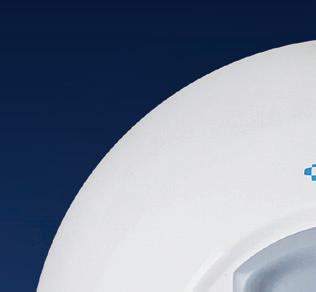

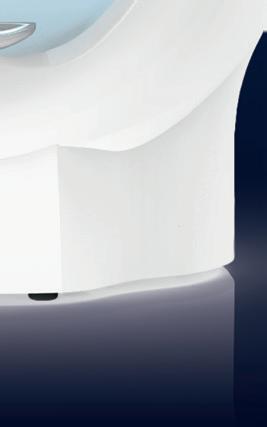
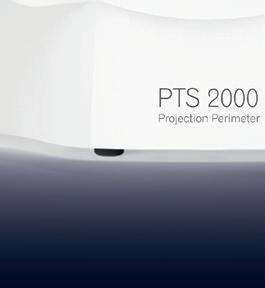
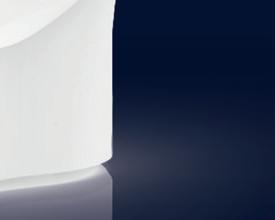
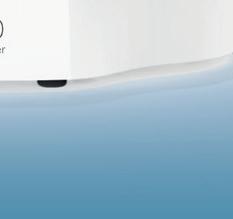
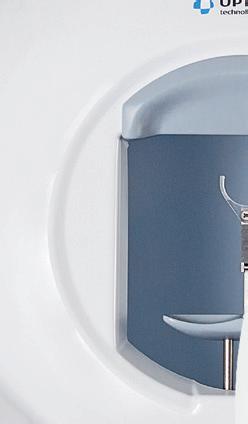
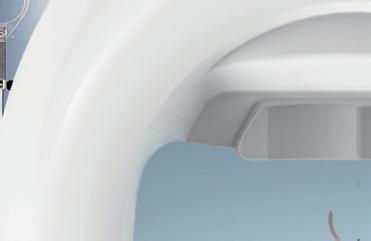
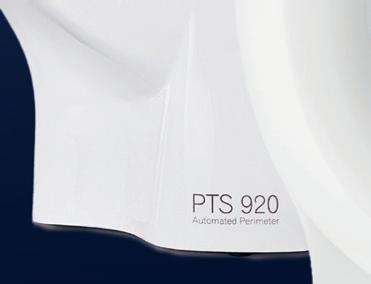
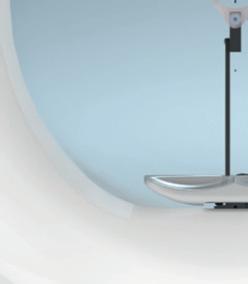
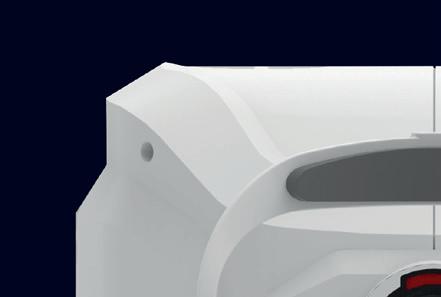

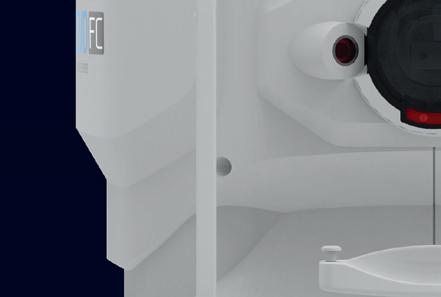
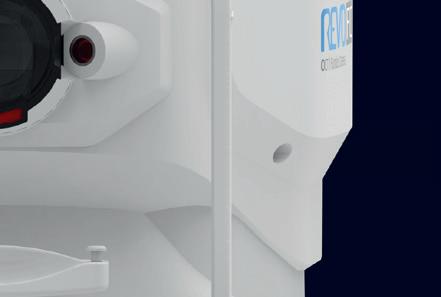
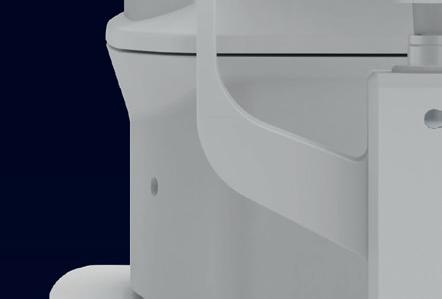
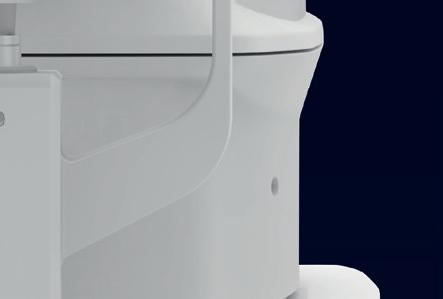
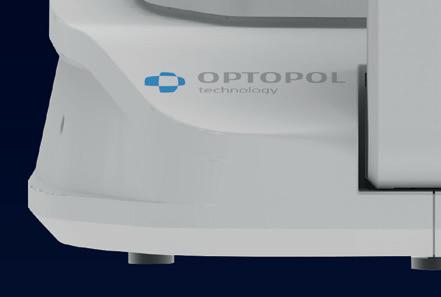
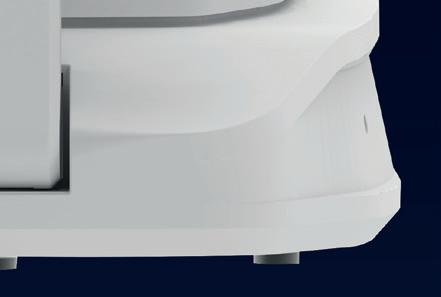
My pre-reg placement has helped me become a more well-rounded, independent clinician. It has given me hands-on experience, which has increased my skills and my depth of knowledge. Through increasing my confidence when dealing with certain patients, such as young children or those with binocular vision abnormalities, I have become much more competent. I have also learnt to appreciate the extended amount of testing time I am able to have during this pre-reg period, as opposed to that which some qualified optometrists have. This year has shown me the areas I feel most confident in, and the areas I still need to improve on. Obtaining a second opinion has been invaluable: I have used other optometrists for personal growth, clinical opinions and maintaining professional standards. This has enriched my experience and provided a solid foundation of knowledge necessary to become a safe practitioner. During this placement, I have worked effectively as a new team member within an established team at my practice. I have learnt how to communicate well with work colleagues regarding dispensing queries, seeking advice on how to dispense high prescriptions, sorting out vouchers, and ordering lenses. When I worked in previous practices, I always acknowledged the need for what type of patients will come through the door. Emergency patients, those with acute eye problems, or those who have mixed up their appointment time, can walk in on the same day, and all have to be seen. These unplanned patient episodes can be fascinating. I love any patient-clinician interaction where I can make people feel comfortable enough to open up about concerns regarding their health, lifestyle, or sight.

Education Library. OT’s Education Library contains CPD and Skills guides on 31 topics www.optometry.co.uk/ cpd/education-library abnormalities, queries or concerns I have with patients. They have all tried to make me feel comfortable and show me the interesting cases that don’t present often. I have discussed and had support with different pathology. That has underpinned my approach to care, and has helped me to articulate my management to the patient. everyone to play their role, as that is vital to ensure the day and the patient experience run smoothly. Now I am a pre-reg, I appreciate the patience people have offered me, allowing me time to organise my patient records and care.
I have one supervisor who encourages me to ask questions and knock on her door if I am unsure of anything. This support is invaluable, and should be available to all pre-regs.
Patient interactions
My day-to-day experience has varied. There have been times when I have not known
My favourite part of the pre-reg is... gaining handson experience in a diverse clinical setting. We get to learn and practise a wide range of skills, from basic patient care to complex diagnosis and management of eye conditions. Working in a teaching hospital offers an opportunity to be close to leading research in the field, from developing technologies to innovative new treatments.
Working on the practice floor has made me aware of the daily struggles patients have with broken or faulty glasses. This has given me an opportunity to give great customer service, and to resolve issues patients have had, both big and small.
The value of supervisors
My supervisors are supportive, and are on hand to double check any
My least favourite part of the pre-reg is... the difficulty of balancing the demands of clinical practice with the intense studying and training that is required in order to gain the qualification. Being a pre-registration optometrist means embracing a steep learning curve, and striving to perform at the same level as highly qualified colleagues.
Standout moments include the numerous instances of alternating exotropia that I have seen in the past few months. Also, the number of appreciative patients who have offered me chocolates and kind words in the consultation room. I enjoy receiving positive patient feedback at the end of an examination. It makes me feel valued and appreciated, and confirms that I am giving good care.
Before I started my pre-reg, I wish I’d known... about the level of organisation required in order to deal with the large number of administrative tasks. This is something I have adapted well to, but you need to ensure to make time for it on a daily basis so you don’t get overwhelmed.
AkshayShahisapre-registration optometristatMoorfieldsEye Hospital,London
